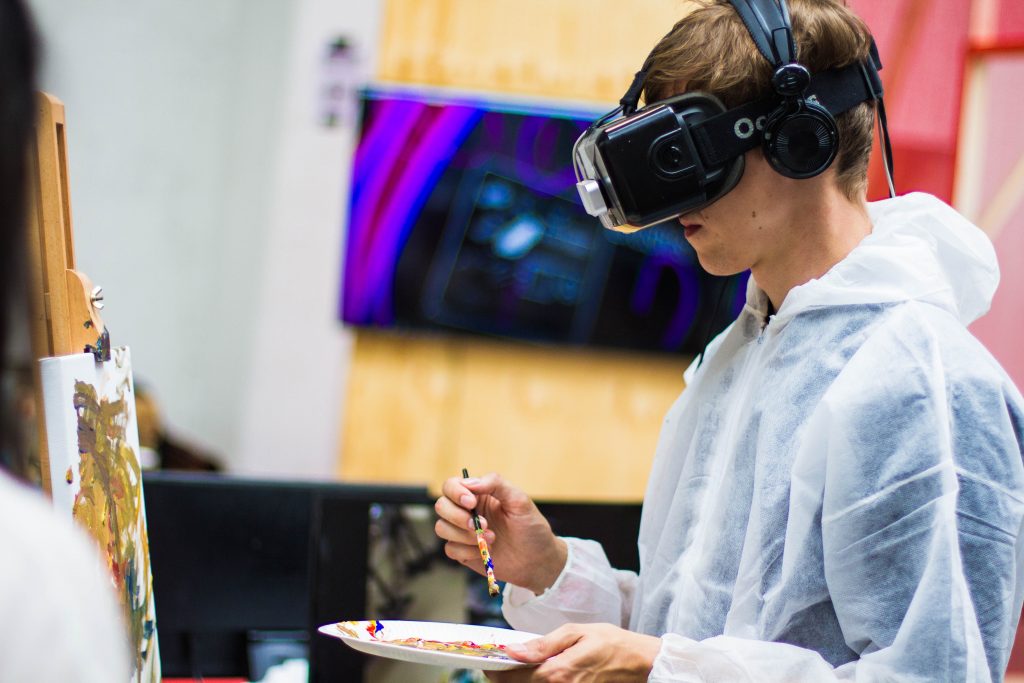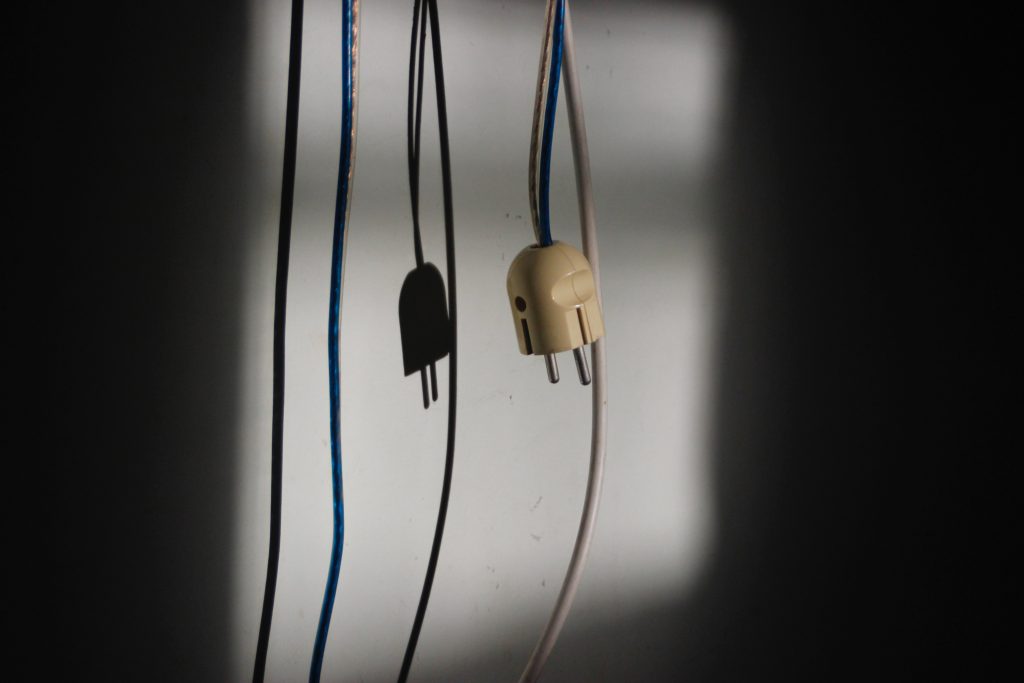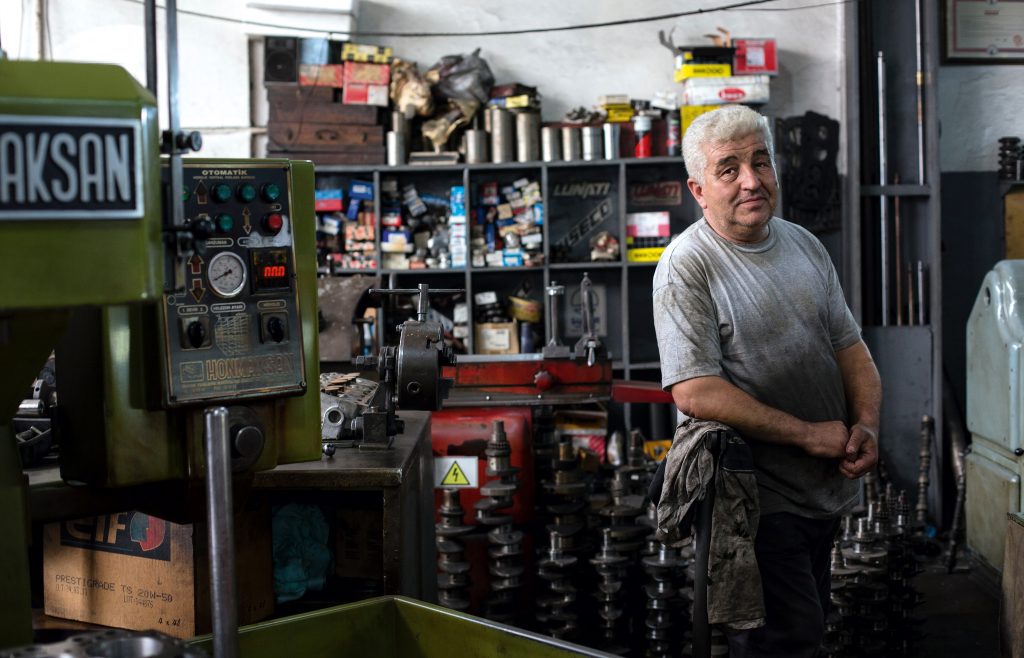10 Idioms on Science and Technology

In the 21st century, science and technology are taking the lead in bringing us to a better world. So it is important that you have even the most basic knowledge of related terms like the Internet, astronomy, smartphone, and the like. As if it could not get any more complicated, there are more nuances related to science and technology that English learners must learn: idioms. Here are ten idioms on science and technology that could be helpful in everyday language—not just scientific ones!
Not rocket science

Rocket science is a difficult subject—one that takes years of education to study. And while it is an understatement, to say something is “not rocket science” means that it is not difficult to do or easy to understand.
Examples:
The homework is just basic math. It is not rocket science.
I do not understand why Jeff is having such a hard time with the task; it is not rocket science.
Posting a photo on Facebook is not rocket science, mom! You just have to press the button.
Cutting edge

When something is described as “cutting edge,” it is innovative and advanced. It is something new, something that seems like it is ahead of others in its field. For example, a cutting-edge smartphone could have technology that does not exist in other smartphones at the time. So when the iPhone first launched, it was a piece of cutting-edge technology.
Examples:
I might invest in this new start-up. Their product is cutting edge!
This new phone is cutting edge—it has so many awesome new features.
For a time, the desktop computer was considered the most cutting-edge technology out there.
On the same wavelength

In physics, “wavelength” refers to the distance between successive crests (or points) of a sound wave or electromagnetic wave. As an idiom, though, “wavelength” can mean a person’s ideas or perspective and how they are communicated with others. So when you describe a person who is “on the same wavelength” as you, then it means that you have the same way of thinking, so much so that you understand each other very well. Alternately, people who are not on the same wavelength have different views on things and often do not understand each other.
Examples:
If only they did not look so different, you would think that Martha and Jane are twins because they are always on the same wavelength.
My date and I were on the same wavelength about so many things. I think it is safe to say that there will be a date number two!
She and her brother were never on the same wavelength, so they often argued growing up.
A cog in the machine

Machines are complicated pieces of technology, usually made up of many different things. Although each component is important, some small parts are sometimes overlooked, such as the cogs—wheels or bars that move through other cogs’ motion. (The insides of a clock or watch are cogs if you need a visual.) The phrase “a cog in the machine” describes persons who are insignificant (or feel like they are insignificant or do unimportant work) in a large organization or system.
Examples:
Assistants are seen as cogs in the machine, but many do work to carry an entire company.
My goal is not to be just a cog in the machine. I want to be the big boss!
She felt like a cog in the machine, so she quit her job to start her own business.
Well-oiled machine

Machines sometimes need lubrication (such as oil) to run more efficiently, so a “well-oiled machine” is one that functions as it should without any problems. This phrase can also be used to describe anything that operates smoothly without issues.
Example:
That team has won all their games this season; they play like a well-oiled machine!
The company is a well-oiled machine, so you do not need to worry about it while going on vacation.
My phone is still a well-oiled machine, so I do not need to get an upgrade yet.
Lightyears ahead

A lightyear is an astronomical unit of distance equivalent to the distance that light travels in a year, which is about six trillion miles. So when one describes something as “lightyears ahead,” it is very advanced in its development or success in that it is seemingly lightyears away from the current times.
Examples:
The new electric car is lightyears ahead in the field of vehicle technology.
Marianne already has three degrees and a doctorate under her belt—she is lightyears ahead of me in education.
The guy described their project as being lightyears ahead, but I had already seen their technology in another company last year.
Pull the plug

Most technology is powered by electricity, so to stop something from functioning, one can simply remove its plug from the electric socket to kill its energy source. That concept inspired the idiom “[to] pull the plug,” which means to prevent or stop something from continuing or happening.
Examples:
The family made the difficult decision to pull the plug on their grandfather’s life since he was already suffering too much because of his sickness.
The company had to close down because their biggest investor pulled the plug and took back all his money.
We are losing money on this project, so although it is a lot of fun, I have no choice but to pull the plug.
Blow a fuse

To “blow a fuse” means to become very angry, causing you to lose your temper. It follows the same concept of a machine that literally blows its fuse because of being overloaded or becoming too hot (which is similar to one’s body becoming hot out of anger).
Examples:
If you two do not quiet down, I will blow a fuse!
He blew a fuse when he found out that they did not follow his instructions properly.
I rarely blow a fuse; I generally keep my cool in stressful situations.
Down to a science

To have something “down to a science” means being a master of something to the point of needing little to no focus or recall to do it. It becomes like a routine, similar to science that is fixed and absolute.
Examples:
I have got my morning routine down to a science: I wake up, brush my teeth, take a shower, have breakfast, then go—all in 30 minutes!
Joe deserves the promotion because he has got customer satisfaction down to a science.
He travels so much that he has the airport process down to a science.
Nuts and bolts

Nuts and bolts describe screws, nails, and the like. These are tiny details of a machine that keep everything together. The phrase “nuts and bolts” then refers to the basic, practical, and factual details of something.
Examples:
I am not an expert when it comes to the nuts and bolts of the family business, so you better ask Uncle Frank.
Joan keeps asking about the nuts and bolts of my aunt’s job; I think she wants to follow in her footsteps.
Let us go over the nuts and bolts of the project before presenting it at the next meeting.
LingualBox is an online one-on-one tutoring service that aims to help learners master the English language. Book a class today to get started!
